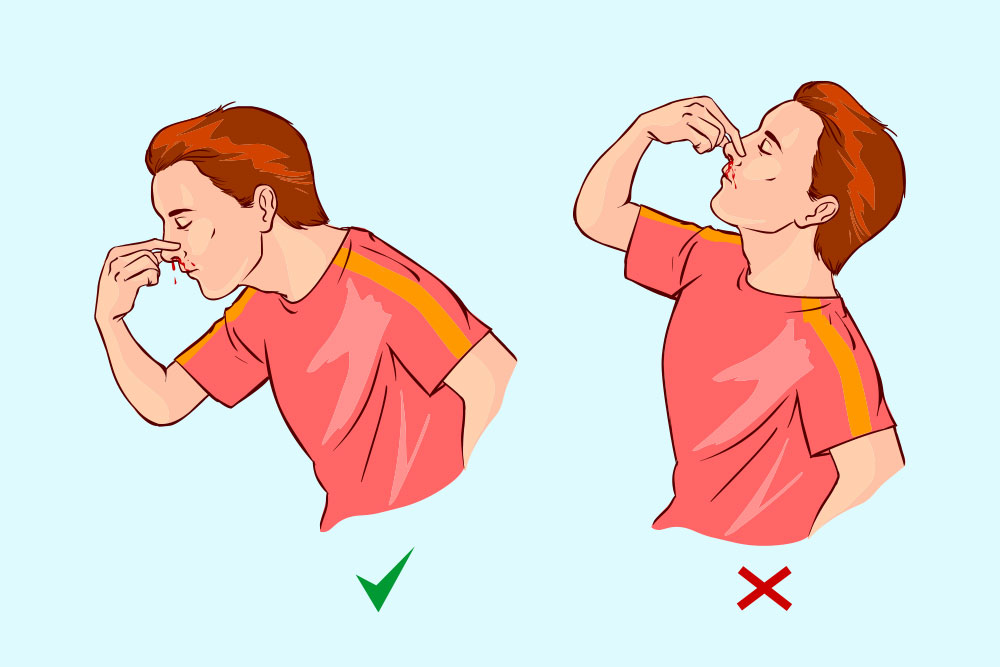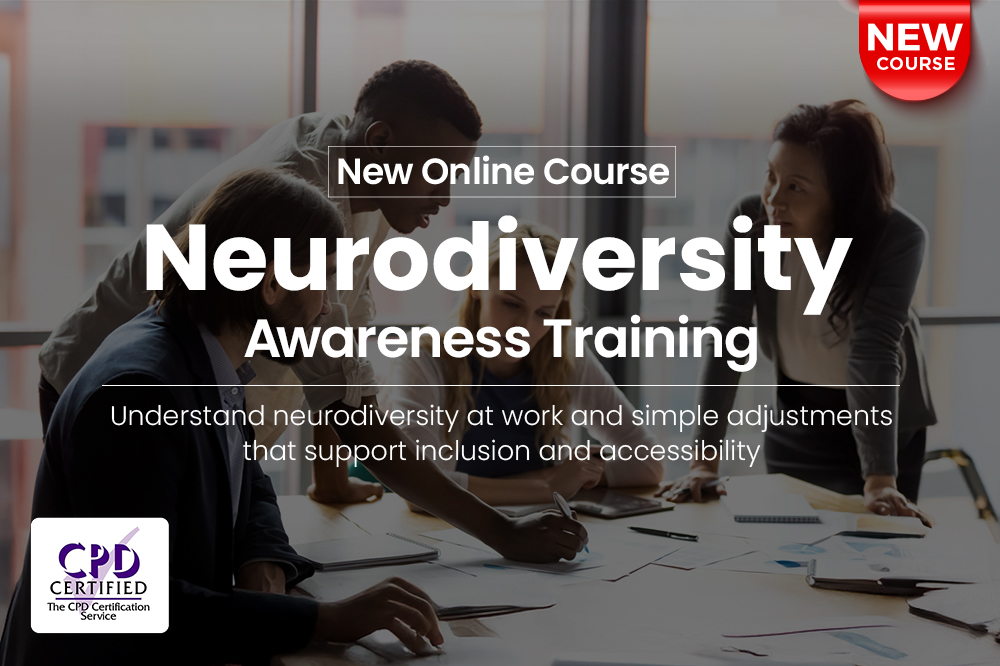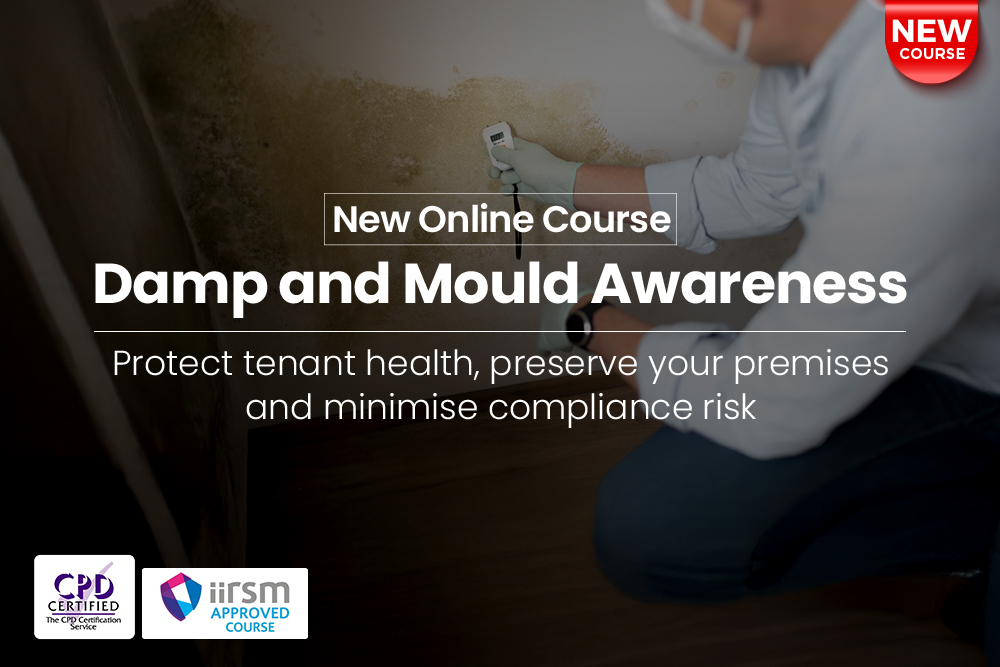
Think back to your school days. Did you have a child in your class who seemed to have a nosebleed at least once a week?
Maybe you were that child. And it wasn’t because you were out on the playground using your face to deflect footballs daily.
Some of us just get nosebleeds and it’s not always clear why. But one common theory? Stress.
So, can stress cause nosebleeds?
Sometimes. It depends on the person suffering and the situation they’re in.
That annoyingly obtuse answer means that you must read the rest of the guide to determine if stress is one of your nosebleed triggers.
What is a Nosebleed?
The inside of your nose contains a significant number of tiny blood vessels. These blood vessels can easily rupture, which causes a nosebleed.
A nosebleed – also known as epistaxis – can come from two areas: the front or back of your nose.
Nosebleeds originating from the tissue near the front of your nose are known as anterior nosebleeds. Those coming from the back of your nose are known as posterior nosebleeds.
Anterior and posterior nosebleeds are medically distinct and usually have different causes and levels of severity.
Anterior
Nosebleeds originating at the front of your nose are generally less severe and not something to worry about.
Common triggers for anterior nosebleeds include an overly dry mucous membrane (tissue that lines your nose) or a simple cut inside the nostril.
Posterior
A nosebleed that starts from the back of the nose is usually more serious and might indicate another disorder or cause for concern.
Common nosebleed triggers for the posterior type include respiratory infections or trauma to the nose and face.
Common Causes
As mentioned, anterior nosebleeds are usually nothing to be concerned about. Likely, a small cut, a dry atmosphere or perhaps an overzealous nose-picking session has harmed the fragile blood vessels inside your nose and the bleeding will soon stop.
Posterior nosebleeds are more likely to be linked to stress or anxiety. But of course, there are plenty of other common causes, including:
- Trauma to the head, face or nose
- A foreign object entering your nasal cavity
- Inhaling recreational drugs through your nose
- Respiratory infections
- A deviated septum
- Bleeding disorders that prevent blood clotting, such as haemophilia
- High blood pressure (hypertension)
- Certain medicines, such as blood thinners
You could argue that stress or anxiety should also be on this list, with some regular sufferers convinced that stress is a nosebleed trigger. The medical community doesn’t exactly dispute this claim, but it isn’t straightforward.
When Stress Can Play a Part
There’s a significant amount of anecdotal evidence for stress alone being a cause of nosebleeds. This isn’t always echoed by the medical community, however.
The NHS doesn’t reference stress as a possible cause in its nosebleed guidance. But it does acknowledge that sometimes nosebleed triggers are unclear, so there’s room for interpretation.
And there have been medical studies that suggest there is a positive correlation between anxiety and the likelihood of suffering regular nosebleeds.
However, it still isn’t as simple as saying that stress is a direct cause of nosebleeds. If you’re a regular nosebleed sufferer, you need to consider a few possible contributing factors.
Stressful Situations
Everyday stressful situations often happen in environments where conditions can cause nosebleeds. Consider these situations that often trigger nosebleeds:
- Pregnancy
- Travelling at high altitudes
- Extreme sports at high altitudes, such as skiing or snowboarding
It’s natural for expectant mothers, nervous flyers or novice snowboarders to feel stressed. It’s also common for people who fall into these categories to experience nosebleeds. But correlation isn’t always causation.
The atmosphere is thinner at higher altitudes, so your nose dries out, which can cause nosebleeds.
Women experience natural hormonal changes during pregnancy, which affect blood pressure. Again, this is another common trigger for nosebleeds, making pregnant women much more susceptible.
So even in stressful situations, it might not necessarily be the stress causing the nosebleed.
Behaviour
Stress affects our behaviour. Biting your nails, grinding your teeth or cracking your knuckles – all everyday things some people do when stressed.
While less common, it’s also possible that stress might be causing you to blow your nose incessantly, or you could even find yourself wanting to pick your nose more often. These habits would cause irritation inside your nose and potentially cause a nosebleed.
Think about your behaviour the next time you feel stress has triggered a nosebleed. It’s possible stress was the cause, but not as directly as you might’ve thought.
Cortisol
Stress also affects our body chemistry. Even if we’re not in danger, our body can trigger its ‘fight or flight’ response under extreme pressure. Our senses sharpen, our pulse speeds up and our muscles get primed for action. And as part of this response, our bodies are flooded with the hormone cortisol.
Cortisol, the stress hormone, can help us in critical situations. It constricts blood vessels, redirecting blood flow to your muscles to give you the extra strength to fight for your life or flee.
This constriction also affects the blood vessels in your nose, which can rupture and cause a nosebleed.
Are Nosebleeds Dangerous?
If they’re caused by a small cut or a temporary change in humidity or altitude causing dryness, they’re not something to worry about.
If you suffer from frequent or excessive nosebleeds, however, you should seek treatment. They might be an indicator that you have a more serious underlying condition.
Treatment
Most nosebleeds can be treated at home by following these steps:
- Sit up straight – You must keep the blood from travelling down your throat to prevent choking or discomfort in your stomach. Keep your head tilted forward to ensure the blood flows out of your nose. Do not tilt your head back as often seen onscreen.
- Breathe through your mouth – This will help prevent choking. It’s also important to keep breathing normally to remain calm if your nosebleed is stress-related.
- Pinch your nose shut – Place your fingers just above your nostrils and squeeze them shut to constrict the blood flow. Keep pressure on for at least five minutes before checking if the bleeding has stopped. You should seek medical attention if you’ve applied pressure for 15 solid minutes and still bleeding.

Prevention
Everyone must share the same vision and purpose for a team to perform well. But issues like leadership and management changes, introducing new work tasks or team members leaving can cause morale to dip.
Team building activities can help boost team morale because they are fun, collaborative and encourage everyone to work together. They also allow employees to learn more about colleagues in a relaxed, chilled environment.
As with most conditions, prevention is better than a cure. So, getting back to the question, can stress cause nosebleeds? If you think stress is a factor, you must consider how to manage your stress levels and maintain a healthy lifestyle.
A few helpful things you can try are:
- Drinking water regularly to stay hydrated
- Limit your intake of caffeine or other stimulants
- Exercise regularly
- Spend time outdoors in nature
And even if these tips have no impact on your nosebleeds, they’ll undoubtedly benefit your overall health.
Creating a Less Stressful Environment
Looking after your physical health is essential for maintaining your mental health. But you also need to consider managing the external factors causing stress.
And one of the most significant sources of stress in our lives? The workplace.
But with so many potential stressors in the modern workplace, knowing where to start or how to manage them correctly can be challenging. Using a structured approach and treating stress like any other workplace health hazard can help you overcome these challenges.
You can take online Stress Assessment Training to learn how to do this.
The course teaches you how to identify and categorise everyday workplace stressors, helping you determine the best way to eliminate or control them. You’ll also learn how you can support others suffering from work-related stress. (If you’re a ski instructor with a dry nose, though, we can’t promise a stress-free work environment will help with your nosebleeds.)


























































































































































































































































































































































































































































































































































































































































































































































